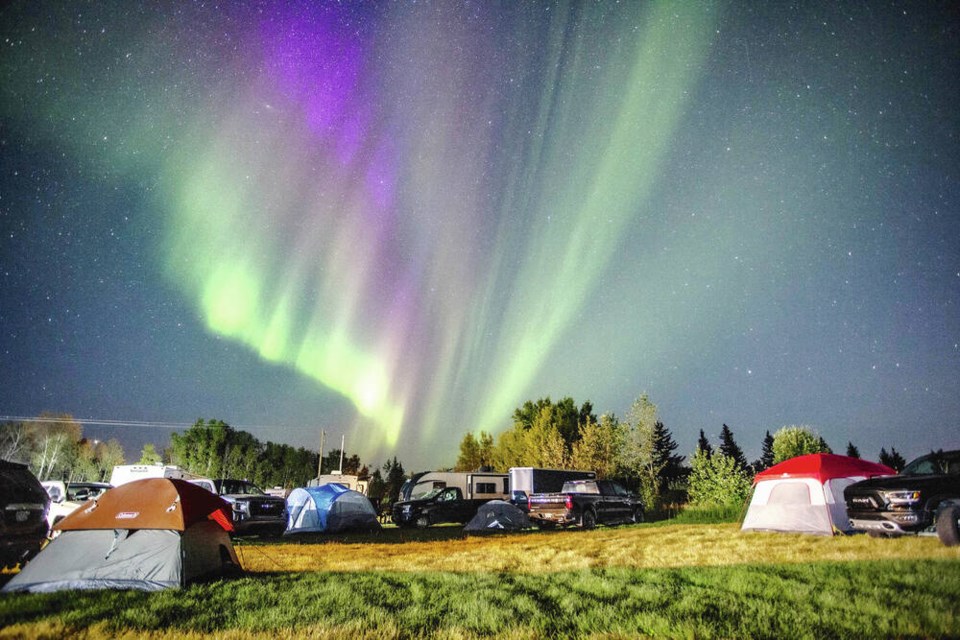A commentary by an international education leader and current Head of Pearson College UWC in Metchosin.
This past summer, perhaps more than any other in recorded history, we have been forced to reckon with the impact of climate change. Record high temperatures, day and night, have become the norm for everyone from my new home along Pedder Bay to my former home in Kuala Lumpur, Malaysia.
There is hardly a nation that has escaped unprecedented wildfires or powerful flash foods, or worse, at least partially related to climate.
This was brought to our doorstep as we recently welcomed students from the Northwest Territories who, together with their families, were evacuated from their northern homes due to wildfires.
If this summer has taught us any lessons, it is that we need to do everything we can now to combat climate change. But it has also made us understand that we need to make a long-term commitment to support the generation that could be facing ever more drastic climate consequences.
While Victoria, all of Vancouver Island for that matter, is one of the most climate change-conscious regions in the world, it is not widely known that one of the world’s first two-year, comprehensive climate action education programs for high-schoolers originated here.
The first Climate Action Leadership Diploma (CALD) program students will soon be back to school to start their second year on the Pedder Bay campus of Pearson College UWC.
Drawn from countries as disparate as the rising seas-threatened atoll nation of the Marshall Islands to Belarus to Zambia to the only United World College in sa国际传媒, each of the original students was driven by an individual motivation and each has a unique personal outcome in mind.
From pursuing careers in biotech, education, sustainability, or filmmaking; they all intersect at climate action.
Demand from younger students (and their parents!) seeking positive approaches to mitigating the impact of climate change continues to grow and while post-secondary programs are beginning to proliferate, I’m finding that even the youngest students are expressing climate anxiety.
Opening doors to early, solutions-focused learning about climate action is one of the strongest ways of fighting the existential dread of climate change.
The intellectual resources and the passion for fighting climate action in this region helped in the building of a brand-new high school level CALD curriculum.
With original partners like Royal Roads University and input from Vancouver Island University, as well as emerging program ties with Camosun College, the Island is an incubator for young people to focus on positive, multi-directional solutions that enable good intentions to become actions.
The presence and prominence of Indigenous communities, leaders, knowledge-keepers and elders on the Island contributes immensely to providing a rich, values-based learning opportunities for young people through relationship-building, storytelling and engaging with First Nations and other Indigenous peoples, as is our campus location on the traditional territory of the Sc’ianew First Nation.
I’m sometimes asked why Pearson introduced a new curriculum when we’ve offered a perfectly good International Baccalaureate diploma program that has seen students move on to the world’s most influential universities for nearly half-a-century.
That’s easy to answer. Global sustainability has been part of our DNA since 1974 and, more importantly, educating those who will be future problem- solvers and leaders is our responsibility to young people now and in the future.
The scale of the emergency demands educators support learners to pursue solutions through many routes — as scientists, entrepreneurs and activists, as leaders in technology and global health, as collaborators in policymaking, political and private sectors and as positive changemakers in resource and financial sectors.
While only a limited (but growing) number of students can be admitted to CALD at Pearson every year, our goal is to digitize the curriculum and work with educators locally and around the world to expand its footprint.
The climate crisis is the most critical global threat facing humanity today. In my view, every educational institution offering kindergarten classes to post-graduate seminars has a moral responsibility to take on this mantle for the future of all our students and our planet.
>>> To comment on this article, write a letter to the editor: [email protected]



